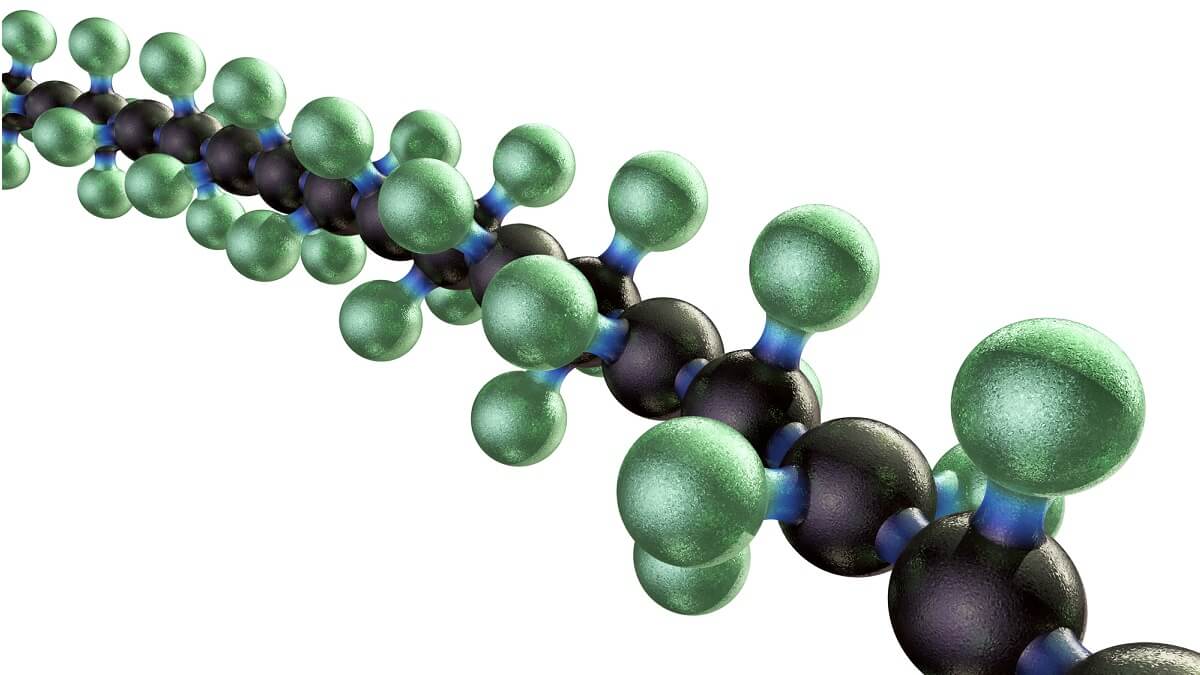Cutting-edge Polymers: Changing Modern Manufacturing
Cutting-edge Polymers: Changing Modern Manufacturing
Blog Article
Checking Out the Varied Applications and Advantages of Polymers in Different Industries
Polymers, with their diverse range of properties and functionalities, have come to be important in various sectors, each enjoying unique advantages from their application. From enhancing safety and security and performance in the auto market to transforming clinical gadgets in the healthcare market, polymers play a critical duty.
Automotive Industry Applications
Polymers play a crucial function in improving the performance and longevity of different components within the vehicle sector. One famous usage of polymers in the automotive market is in the manufacturing of lightweight components.

Healthcare Sector Advantages
In numerous health care applications, the benefits of making use of polymers are commonly identified for their diverse variety of beneficial buildings. Polymers play an essential role in the healthcare industry due to their flexibility, biocompatibility, and cost-effectiveness. One of the primary advantages of polymers in healthcare is their ability to be tailored to details needs, such as adaptability, resilience, and biodegradability, making them perfect for a variety of medical applications.
Polymer-based materials are thoroughly made use of in clinical gadgets, such as catheters, implants, prosthetics, and medication shipment systems, because of their biocompatibility and capability to imitate natural cells. These products can lower the danger of sensitive reactions or rejections, improving individual safety and security and results. In addition, polymers are lightweight, making them suitable for wearable medical devices and making sure individual convenience.
Additionally, polymers enable the development of innovative therapy techniques, such as hydrogels for tissue engineering and nanocomposites for targeted medicine distribution. Their convenience of processing and sterilization makes them essential for preserving high standards of hygiene in medical care settings. On the whole, the diverse benefits of polymers add substantially to developments in clinical technology and client treatment.
Ecological Benefits of Polymers

In addition, polymers can contribute to energy cost savings because of their light-weight nature. In sectors such as transport, lightweight polymer materials can help decrease fuel usage and greenhouse gas exhausts. In addition, polymers can enable the development of energy-efficient products such as insulation materials that enhance power preservation in buildings.
Moreover, polymers play a critical role in minimizing water contamination. For instance, the original source the usage of polymer-based filtration systems can efficiently eliminate pollutants and pollutants from wastewater, protecting water resources and ecological communities. Overall, the environmental benefits of polymers make them useful possessions in promoting sustainability and eco-friendly practices throughout numerous markets.
Polymers in Electronic Devices and Innovation
Taking into consideration the increasing need for ingenious and lasting services in contemporary sectors, the integration of advanced polymer technologies in the world of electronics and technology has actually emerged as a pivotal approach for driving performance and performance. Polymers have actually transformed the electronics market by enabling the manufacturing of lighter, much more adaptable, and long lasting electronic tools. From mobile phones to clinical tools, polymers play a critical role in boosting item layout and functionality.
One significant benefit of polymers in electronics is their shielding residential or commercial properties, which aid safeguard fragile electronic elements from ecological elements and electric interference. Furthermore, polymers are necessary in the development of versatile display screens, wearable innovation, and published electronics, providing countless opportunities for creating wise and interconnected tools.
Furthermore, the usage of polymers in digital packaging has caused advancements in miniaturization and thermal management, enhancing the total efficiency and reliability of electronic systems. As modern technology continues to develop, the convenience and adaptability of polymers will definitely drive further development in the electronics market, forming the future of technology.
Role of Polymers in Building And Construction and Infrastructure
The combination of sophisticated polymer products in building and construction and framework projects has reinvented the means structures are you can try here developed and constructed in contemporary times. Polymers use countless benefits in the building and construction sector as a result of their convenience, durability, and cost-effectiveness. One essential role of polymers in construction is their use in coverings and sealants, providing defense versus ecological variables such as dampness, UV radiation, and deterioration. In addition, Learn More polymers are made use of in the production of lightweight and high-strength composite products, improving the structural integrity of buildings while minimizing general weight.
In addition, polymers play a critical function in sustainable building and construction methods by enabling the growth of energy-efficient structures. Insulating products made from polymers help manage indoor temperatures, decreasing the requirement for heating and cooling down systems and inevitably lowering power consumption. The use of polymer-based compounds in framework jobs such as bridges and roadways enhances their durability and lowers maintenance prices. Overall, the consolidation of polymers in construction and facilities displays their significant influence on modern-day engineering techniques.
Conclusion
In conclusion, polymers play an important function in different markets such as auto, medical care, ecological, electronic devices, and building and construction. From boosting gas effectiveness in cars to boosting medical devices, polymers supply many advantages.
Report this page